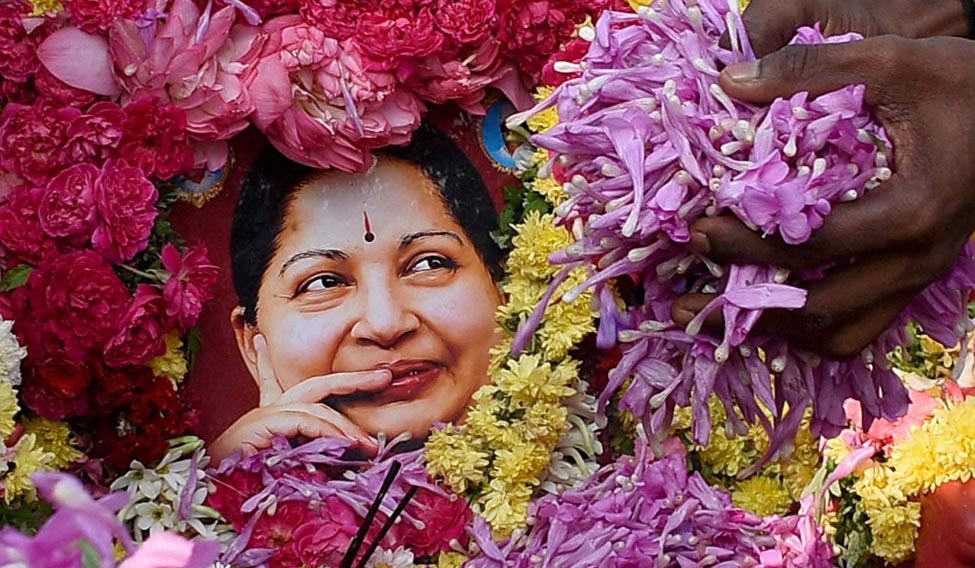Jayalalithaa Jayaram’s health was never a matter of concern, at least not until she underwent the 27-day jail term in a disproportionate assets case in 2014. After returning from the Bengaluru jail on bail, the former chief minister stay put inside her heavily guarded Poes Garden residence for more than 115 days. She did not step out from the house, even on the day that the Karnataka High Court acquitted her. All her movements were limited and she became a recluse. In December 2016, the illness finally lead to her death after a considerable stint in the hospital.
Will the crucial case, whose final judgement is still pending with the Supreme Court, continue to haunt Jayalalithaa? The final hearing in the appeal closed on July 2016. Again, in September, while hearing a petition, the Supreme Court had said that the final judgment would be pronounced within four weeks.
However, after Jayalalithaa fell ill on September 22, there was no talk about the case or the pending judgement. Incidentally, her death will now lead to the abatement of charges against her, while it will go on against the three other accused -- V.K. Sasikala, J. Ilavarasi and Jayalalithaa’s disowned foster son V.N. Sudhakaran.
Says senior advocate KM Vijayan, “The charges against Jayalaithaa will abate with her death. But the supreme court can go ahead and pronounce its vedict on the culpability of the three other co-accused.” Under IPC 109, even if the principal accused is dead, the charges against the others could proceed. Again, under 120(b) read with Prevention of Corruption Act, various offences for the actual bribe receiver and also the facilitator have been provided for. And the facilitator may not get a reprieve. “The judgment against the other accused will go ahead even if the principal conspirator is not there,” adds Vijayan.
The punishment against the principal accused may be off the cards, but the amount which is to be recovered -- which is considered as the disproportionate asset -- might result in attachment of properties. Accordingly, the court can also go ahead and decide on the attachment of properties allegedly held by the companies cited in the case.
Meanwhile, a section of the legal fraternity argues that a rehearing is required. The arguments go with questions as to whether the ancillary charge of criminal conspiracy will stand against the three accused when the principal accused, who is charged of misusing office and who was the sole public servant to conspire with the others, is no more.
But section 394 of the Criminal Procedure Code mandates that all appeals, even against acquittal, shall abate on the death of the accused. However, when it comes to the other accused, the apex court can decide on the aspect of criminal conspiracy and pronounce the judgment. Also, the legal experts are of the opinion that a corruption case does not collapse with the death of a public servant, who happens to be the prime accused, as criminal conspiracy is a crime by itself.
Earlier, in July 2015, the Karnataka government had appealed to the Supreme Court against the acquittal of Jayalalithaa, Sasikala, Elavarasi and Sudhakaran by the Karnataka High Court for offences under section 13 (1) (e), criminal misconduct by a public servant, of the Prevention of Corruption Act, 1988 and section 120 B of the IPC, which happens to be criminal conspiracy. The bench comprising of justices Pinaki Chandra Ghose and Amitava Roy had earlier reserved the judgment for June 7, 2016.





